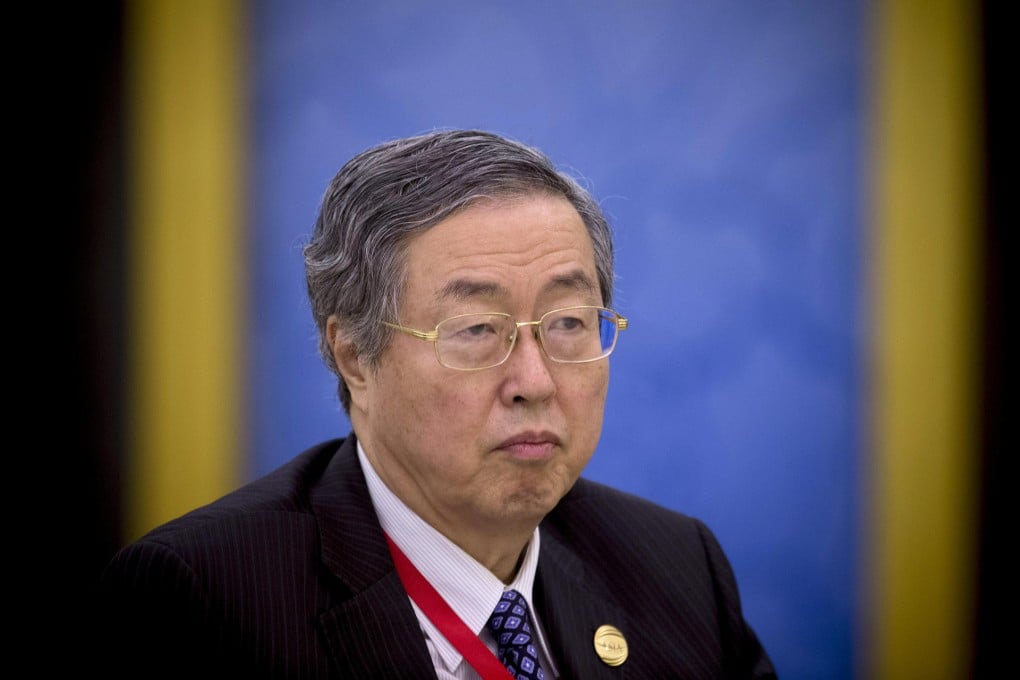Yuan decades away from being global reserve currency
Despite the significant progress Beijing has made in broadening global use of the yuan, observers say the mainland currency has more often been chased by speculators than serving as a US dollar-type "safe haven".

Despite the significant progress Beijing has made in broadening global use of the yuan, observers say the mainland currency has more often been chased by speculators than serving as a US dollar-type "safe haven".

Many domestic and foreign economists say the steps rolled out to promote international use of the yuan have been remarkable. However, they also say the mainland needs to deepen its financial reforms to build a deep and liquid enough market and make its monetary decision-making more transparent and independent, among other steps to further liberalise the market, before the yuan can become a global reserve currency.
They estimate the process could take decades.
Beijing has signed bilateral swap deals and set up offshore yuan centres in recent years, after kicking off trials on cross-border trade settlement using the yuan in 2009. About 15 per cent of the mainland's trade was settled in yuan last year.
The PBOC signed memorandums on yuan settlement arrangements with its British and German counterparts last month. It has also signed currency swap contracts with more than 20 monetary authorities around the world in an effort to facilitate trade activities.